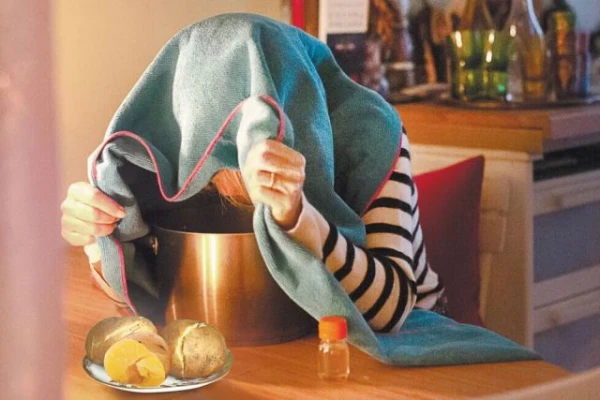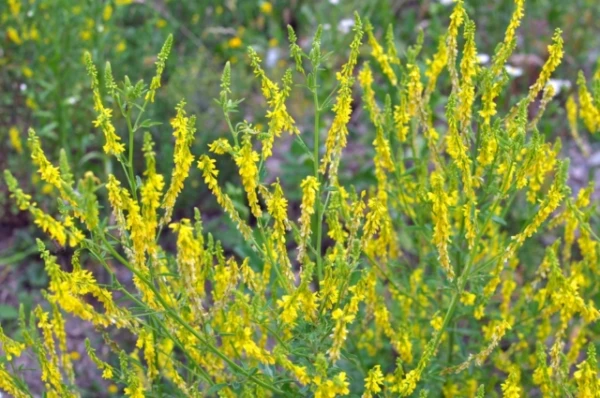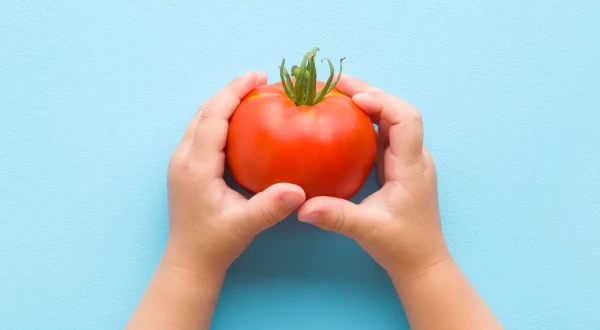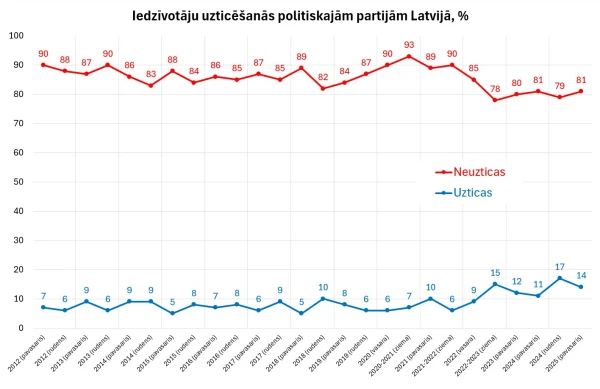
Everyone knows the recommendations on how to "get rid of a cold" in no time or prevent illness. But which of them can we really trust?
We discuss with therapist Irina SERGIEVICH where folk wisdom ends and meaningless or even dangerous self-treatment begins.
Iodine on the feet
Advice: drawing an iodine mesh on the feet can protect against colds.
Doctor's comment: this is a myth. Of course, iodine is a useful and necessary trace element for the body. However, in the context of cold prevention, drawing an iodine mesh on the feet is pointless: it is impossible to influence the immune system in this way.
Fragrant orange
Advice: if you stuff oranges with dried clove buds and place them around the house, the space will be filled with an "antimicrobial" aroma.
Doctor's comment: to some extent, this advice can be related to aromatherapy methods. However, the option with orange and clove is ineffective: the beneficial vitamin C contained in oranges and spices does not exist in aerosol form. Thus, if you place oranges with dried cloves around the house, there will be no "antimicrobial" effect.
During a cold, it is better to use essential oils, such as tea tree oil. The phytoncides contained in them have antiviral and antimicrobial effects, can stimulate the immune system, and are also a natural antiseptic. It is no coincidence that during bronchopulmonary diseases, it is recommended to restore health in places with many coniferous forests.
During a cold (and not only), it is important to frequently ventilate rooms, conduct wet cleaning, and, if possible, use humidifiers and air ionizers. Only in addition to this can one turn to elements of aromatherapy. And before purchasing essential oils, be sure to consult your treating physician, as they can trigger allergic reactions and may be contraindicated in certain diseases.
Sweet medicine
Advice: the internet suggests making a "cocktail" of warm water, raspberry jam, and aspirin. The benefit of such a drink during a cold is explained by the presence of natural salicylates in the jam, which help combat fever, while aspirin provides an anti-inflammatory effect.
Doctor's comment: such a drink, like warm milk with honey, will not help, even though raspberry itself is a beneficial berry. The fact is that jam, milk, and honey contain sugar, which requires a large amount of water for metabolism in the human body. Because of this, sweet drinks can contribute to dehydration and also become a nutrient medium for viruses and microbes. In short, sugar will only worsen the situation, slow down the recovery process, increase dehydration, and the inflammatory response.
During a cold, it is essential to drink plenty of fluids. If you want to make a drink from berries, the best choice is unsweetened fruit drink.
“Invigorating” drink
Advice: vodka with lemon (honey, pepper) speeds up recovery.
Doctor's comment: this is not true. Alcohol goes through several stages of processing in the body. At the initial stage, acetaldehyde is formed, which is 30 times more toxic than alcohol. Thus, any alcohol during a cold will not help treatment. Even in small amounts, it can worsen the condition. And if you add honey (i.e., sugar) to alcohol, it will be a strong blow to the body's defense systems.
Foot baths
Advice: it is useful to soak your feet during a cold.
Doctor's comment: thermal procedures (including baths and saunas) during the treatment of a cold are prohibited! When a person gets sick, all systems of the body begin to work actively (including the cardiovascular system), which can manifest as spasms of blood vessels.
Any thermal procedures during illness will only worsen the situation, potentially causing blood to drain from the brain, which is dangerous for people with chronic heart and vascular diseases.
Put on cupping therapy
Advice: you need to use cupping therapy during a cold.
Doctor's comment: no. When using cups, blood flow increases at the site of their local application. This promotes the spread of infection in the body. Therefore, this method should not be used during a cold.
Important
- When discussing the effectiveness of a particular folk remedy for colds, the argument is often made: "We have been treated this way all our lives, and it helped!" But it is important to understand: the lives of our parents, grandmothers, and grandfathers were different, - continues doctor Irina Sergievich. - We mostly live in large cities, use public transport, and our work is automated. But we pay for these benefits. Thus, places with large crowds of people become the cause of increased viral load and the risk of spreading respiratory infections. Insufficient physical activity, excess weight and obesity, consumption of unhealthy and high-calorie foods, stress, and lack of sleep exacerbate the vulnerability of the body. In such a situation, "folk" advice from the past will not help, and in some cases, may even harm. However, timely vaccination against infections such as influenza, regular medical check-ups and screenings, hardening, and preventive measures prove to be effective.
Mustard plasters - the first remedy for ARVI?
Most people over 30 are convinced that mustard plasters are the first remedy for ARVI. However, this is no longer the case. Why? As Professor Alexander KARABINENKO of the Department of Hospital Therapy explained, it is now proven that mustard plasters have a reflex distracting effect and increase local blood flow to a depth of no more than 2 cm. That is, they are unable to warm deep structures (bronchi and lungs). At the same time, their use can provoke skin burns and enhance tumor growth (if there is already an undiagnosed neoplasm in the area of application). An indication for the use of mustard plasters is, for example, muscle pain (consult your doctor before using in a specific case).













